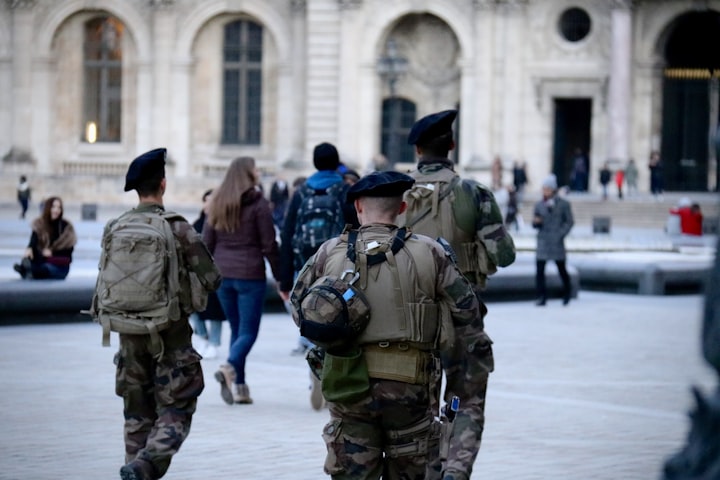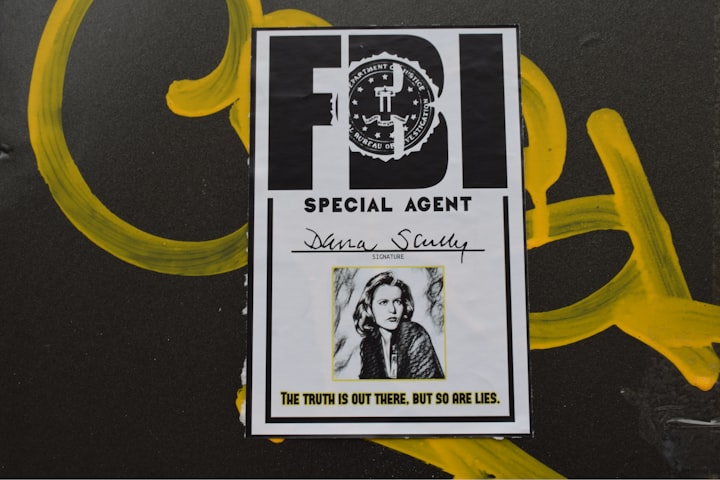The Nation Without Soldiers or Cops
Costa Rica

In a world often defined by conflict and division, there exists a remarkable anomaly – a nation that has chosen to forsake the traditional instruments of state power, namely its army and police force. This nation is Costa Rica, a small Central American country with a big reputation for peace, democracy, and disarmament. Its story is one of innovation, resilience, and a commitment to building a society founded on principles of nonviolence and cooperation.
Costa Rica's journey towards demilitarization began in the mid-20th century, against a backdrop of political instability, civil unrest, and regional conflict. Like many countries in Latin America, Costa Rica experienced its share of military coups, dictatorships, and armed uprisings, leading to a cycle of violence and repression that threatened the nation's stability and prosperity.
However, in 1948, Costa Rica experienced a turning point that would forever alter the course of its history. Following a brief civil war known as the Costa Rican Civil War, which erupted in response to disputed election results, President José Figueres Ferrer made a bold and unprecedented decision – to abolish the country's military and declare Costa Rica a "neutral" nation.
This move, which came to be known as the "Second Republic," was hailed as a triumph of democracy and diplomacy. By dismantling the military and redirecting resources towards education, healthcare, and social welfare programs, President Figueres sought to create a more equitable and inclusive society, one where the pursuit of peace took precedence over the pursuit of power.
The decision to abolish the military was not without its critics and skeptics. Many feared that Costa Rica would be left vulnerable to external threats and internal unrest without a standing army to defend its borders and maintain law and order. However, President Figueres remained steadfast in his belief that true security could only be achieved through dialogue, diplomacy, and cooperation, rather than through force and coercion.
In the years that followed, Costa Rica's commitment to demilitarization and peacebuilding bore fruit, earning the nation a reputation as an oasis of stability and tranquility in a region plagued by conflict and turmoil. While other countries in Central America grappled with civil wars, insurgencies, and foreign interventions, Costa Rica remained a beacon of hope and progress, free from the scourge of militarism and violence.
But what about law enforcement, you may ask? How does Costa Rica maintain law and order without a police force? The answer lies in the country's unique approach to security, which prioritizes community policing, conflict resolution, and crime prevention over punitive measures and brute force.
In the absence of a traditional police force, Costa Rica relies on a decentralized system of law enforcement, with responsibilities shared among various government agencies, local authorities, and community organizations. While there is no national police force per se, there are specialized units dedicated to combating specific types of crime, such as drug trafficking, human trafficking, and organized crime.
At the heart of Costa Rica's approach to security is the concept of "Pura Vida" – a phrase that encapsulates the country's laid-back lifestyle, commitment to environmental sustainability, and emphasis on social harmony. Rather than relying on coercion and punishment to maintain order, Costa Ricans embrace a culture of mutual respect, tolerance, and cooperation, where conflicts are resolved through dialogue and consensus-building rather than confrontation.
One of the key pillars of Costa Rica's security strategy is investment in education, healthcare, and social welfare programs. By addressing the root causes of crime and violence, such as poverty, inequality, and lack of opportunity, Costa Rica seeks to create a more just and equitable society where all citizens can thrive and contribute to the common good.
Another crucial aspect of Costa Rica's security strategy is its commitment to environmental conservation and sustainable development. As one of the most biodiverse countries on the planet, Costa Rica recognizes the importance of protecting its natural resources and ecosystems for future generations. By promoting eco-tourism, renewable energy, and sustainable agriculture, Costa Rica not only safeguards its environment but also fosters economic growth and social stability.
Of course, Costa Rica is not without its challenges and shortcomings. Like any country, it grapples with issues such as poverty, corruption, and crime. However, by embracing a philosophy of peace, cooperation, and nonviolence, Costa Rica has managed to overcome many of the obstacles that have plagued other nations in the region.
In a world torn apart by conflict and strife, Costa Rica serves as a shining example of what is possible when a nation chooses the path of peace and reconciliation. By abolishing its military and embracing a culture of dialogue and cooperation, Costa Rica has not only achieved security and stability but also inspired hope and admiration around the world.
As we navigate the challenges of the 21st century, perhaps we can learn from Costa Rica's example and strive to build a world where peace, justice, and prosperity are not just lofty ideals but tangible realities for all. After all, as the Costa Ricans themselves would say, "Pura Vida" – life is too precious to be wasted on war and violence.
About the Creator
Sahil Lathwal
I'm Sahil, a passionate writer. My voice weaves stories, emotions, and melodies into an enchanting tapestry. Welcome to my world of creativity and expression. 🎶📝🎤





Comments
There are no comments for this story
Be the first to respond and start the conversation.